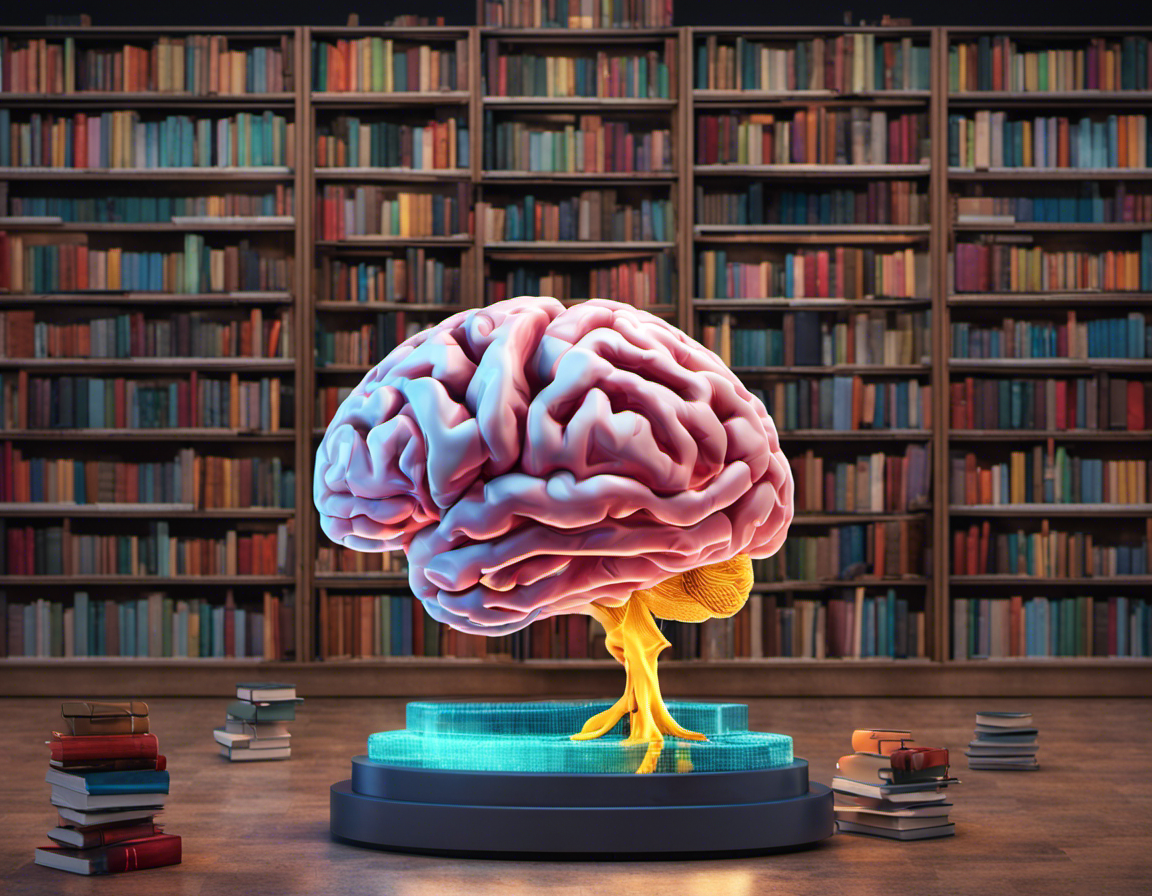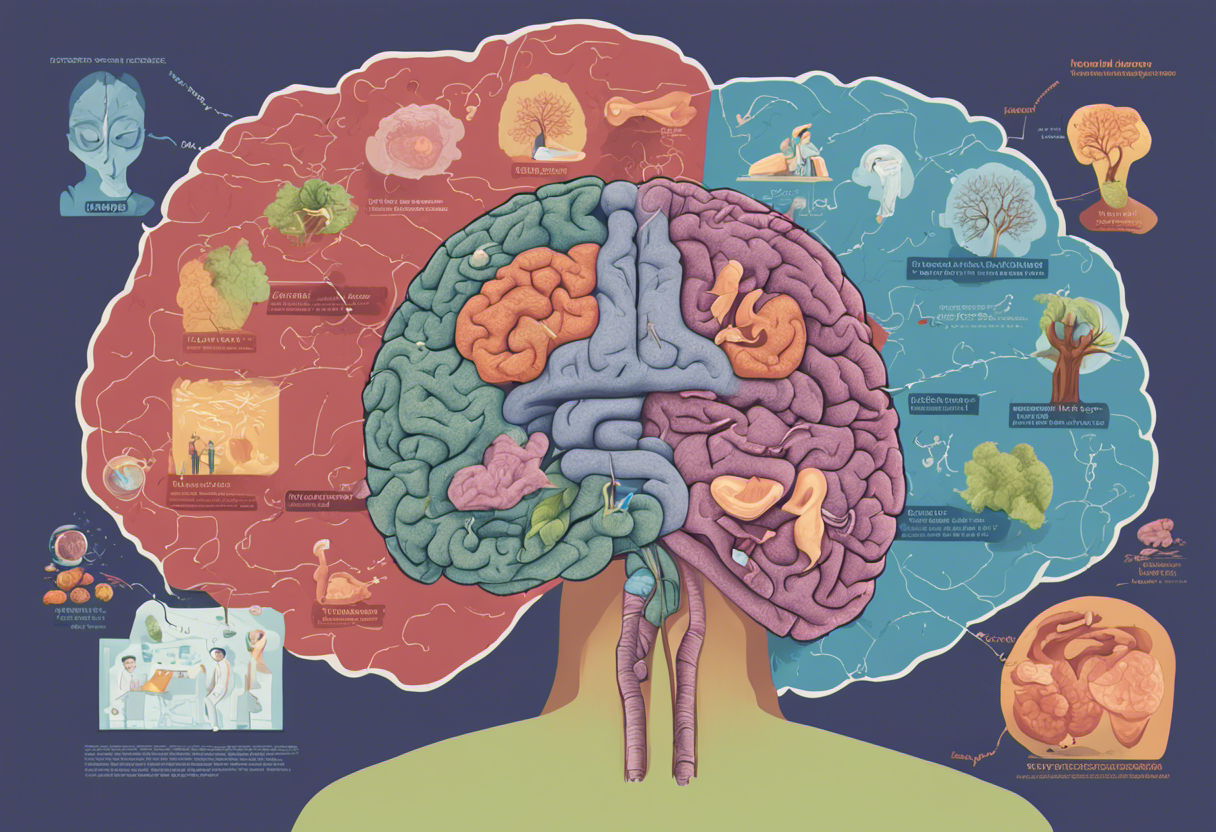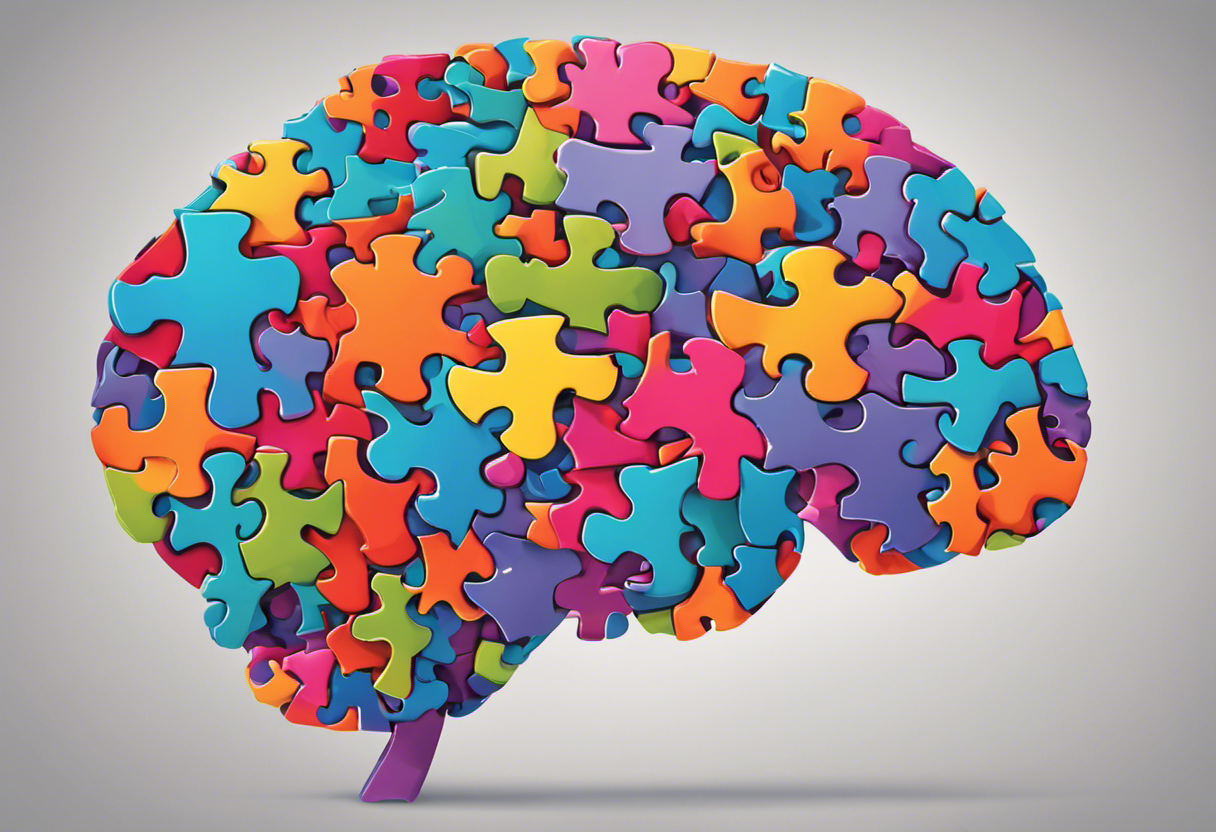Boosting Brain Health: A Comprehensive Guide to Memory Training for Aging Adults

Can training your mind enhance life quality as you age?” This stimulating query encourages us to rethink our approach towards aging and cognitive health.
The age-related memory decline is often seen as inevitable, but emerging research tells a different story—highlighting the potential of memory training as a key player in healthy aging.
This article— “Boosting Brain Health: A Comprehensive Guide to Memory Training for Aging Adults,” aims to illuminate the robust connection between memory and aging, underlining the pivotal role of memory training in fostering a healthier, fitter mind in our golden years.
As we navigate through this narrative, we’ll explore efficient techniques to boost your brainpower, their implications on health, and methods to gauge their effectiveness. So join us on this enlightening journey as we demystify the art of nurturing our minds—one memory at a time!
Understanding Memory and Aging
Memory is a vital cognitive function that allows the brain to shape our daily lives, impacting both routine tasks and our understanding of the world. Various processes in our bodies control memory, from recording new experiences to recalls. As we age, these processes experience changes that may affect their efficiency.
The Relation between Age and Memory
The relationship between aging and memory is quite complex. However, it is not uncommon for people to observe small discrepancies in their memory as they age. While these changes can often be associated with normal aging, they can also signal the onset of more serious cognitive impairments.
The Natural Aging Process and Its Impact on Memory
Our brain’s structure naturally changes as we age. These changes can affect memory functions. Majority of age-related memory loss is due to the decrease in the number of neurons (nerve cells) in the brain. For instance, short-term memory can be affected as the hippocampus loses cells over time.
Common Memory Changes in Aging Adults
As we advance into our senior years, the frequency of forgetfulness tends to rise. Forgetfulness manifests in multiple ways, such as essential dates slipping from the mind or struggling with familiar directions. However, it’s paramount to discern between normal lapses in memory and those indicative of more serious issues such as dementia or Alzheimer’s disease.
Importance of Memory Training for Healthy Aging
Increasing evidence shows that just as physical activity strengthens our bodies, cognitive activities can reap equivalent benefits for our minds—especially crucial as we age and face a potential decline in mental faculties.
Emphasizing Cognitive Health in the Aging Process
Cognitive health refers to maintaining clear thinking, learning, and recall capabilities. As people age, they often take steps to maintain physical health but overlook the importance of their cognitive health. Fostering cognitive health helps seniors stay independent longer, making it an integral part of healthy aging.
How Memory Training Contributes to Healthy Aging
Memory training involves practices and exercises designed to improve cognitive functions such as attention, working memory, problem-solving, and decision-making. Regularly engaging in memory training can slow the memory loss process and enhance overall cognitive well-being. Moreover, it can alleviate anxiety and improve self-confidence, leading to an improved quality of life later in life.
Memory Training Techniques for Elders
Mind Games and Memory
Mental stimulation powers the brain cells, improving their functions, which is crucial for elders. Just like muscles, the brain can be trained to perform better with regular workouts. Engaging in mind games such as puzzles, crosswords, chess, or sudoku helps keep the brain active and healthy. These activities challenge the intellect, stimulate neural connections, and might even create new nerve cells. This way, cognitive decline is delayed if not entirely avoided.
Exercise and Its Influence on Memory
Physical activity plays a pivotal role in enhancing memory capacity. Being physically active pumps blood through our bodies at a faster rate compared to being sedentary. This increased blood flow also reaches the brain, bringing oxygen and essential nutrients that aid in improving brain health. Regular exercises like swimming, walking, or yoga can kickstart your grey cells into overdrive, hence enhancing cognitive functions.
Healthy Eating Habits to Boost Memory
Our food intake has a significant impact on our mental capabilities. A diet rich in fruits and vegetables coupled with a reduced amount of saturated fats can help boost mental sharpness among the elderly. Brain-healthy foods such as those rich in omega-3 fatty acids found in fatty fishes and antioxidants found in green leafy veggies can fuel the brain and protect it from oxidative stress.
Evaluating the Effectiveness of Memory Training
Monitoring Improvement Over Time
Understanding memory enhancements requires consistent monitoring over a set period. Engaging elders in recall tests or cognitively challenging tasks before and after training sessions will measure their progress. Improvement might not be instant but gradual over time.
The Role of Regular Health Checkups
Consistent health check-ups are crucial in evaluating memory training effectiveness among seniors. Regular checkups enable healthcare providers to monitor any shifts in cognitive function closely. They provide an objective point of view on how well an elder is progressing through their memory training.
Benefits Experienced by Elders After Memory Training
Elders who participate in memory training programs often find improvement in various facets of their lives. They are more independent, find it easier to remember conversations, and have an improved ability to manage their medications correctly. They also experience a boost in confidence, lowered anxiety levels about memory loss, and an overall improved quality of life. Additionally, engaging in these programs brings a sense of community among seniors, fostering social interactions and reducing feelings of isolation that some may experience during their old age.
Conclusion
In conclusion, the aging journey need not be fraught with the fear of memory loss or cognitive decline. By implementing regular memory training practices – from mind games and puzzles to regular exercise and maintaining a nutritious diet, we can overturn the natural wear and tear that comes with aging.
Not only does such training keep our minds sharp, but it contributes to a sense of independence, manages medication requirements more efficiently, boosts confidence, and fosters community connection among the elderly population.
Despite the natural course of aging, memory doesn’t have to age at the same pace. The necessity for regular mental health check-ups cannot be stressed enough to understand and evaluate our progress. The aging process might be inevitable, but a cognitive decline is not. Explore the world of memory training and keep your mind youthful even as you age!




Comments